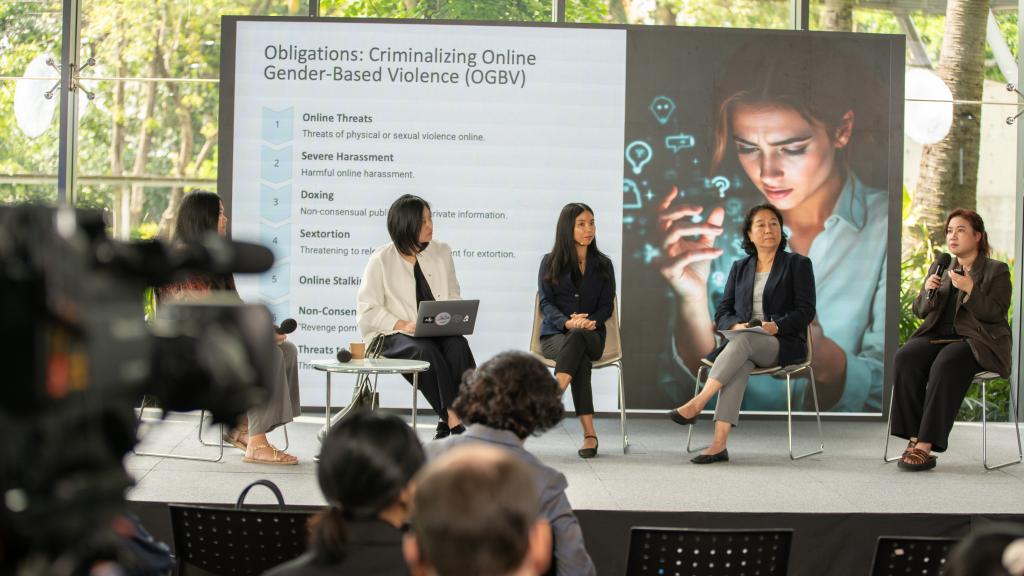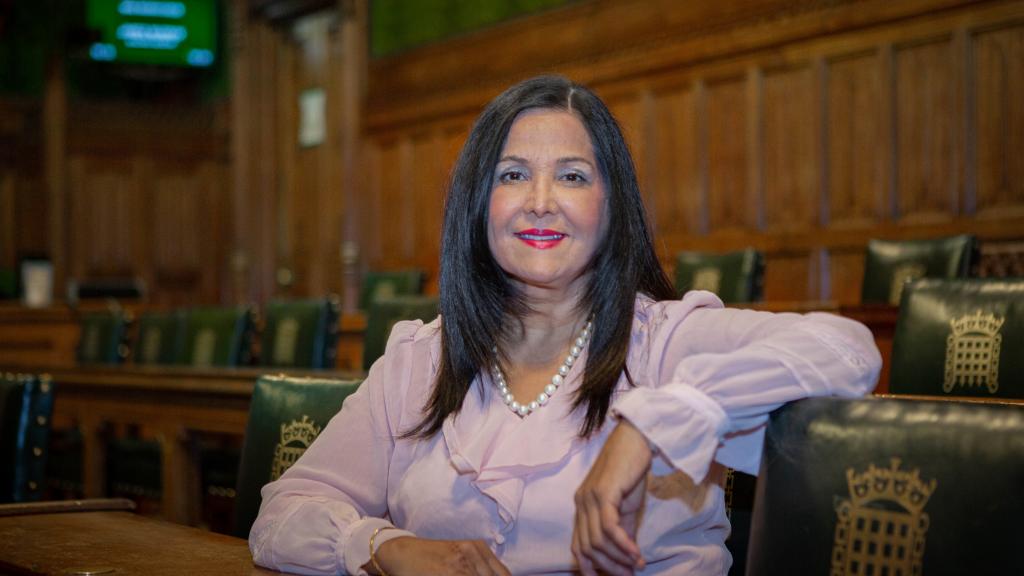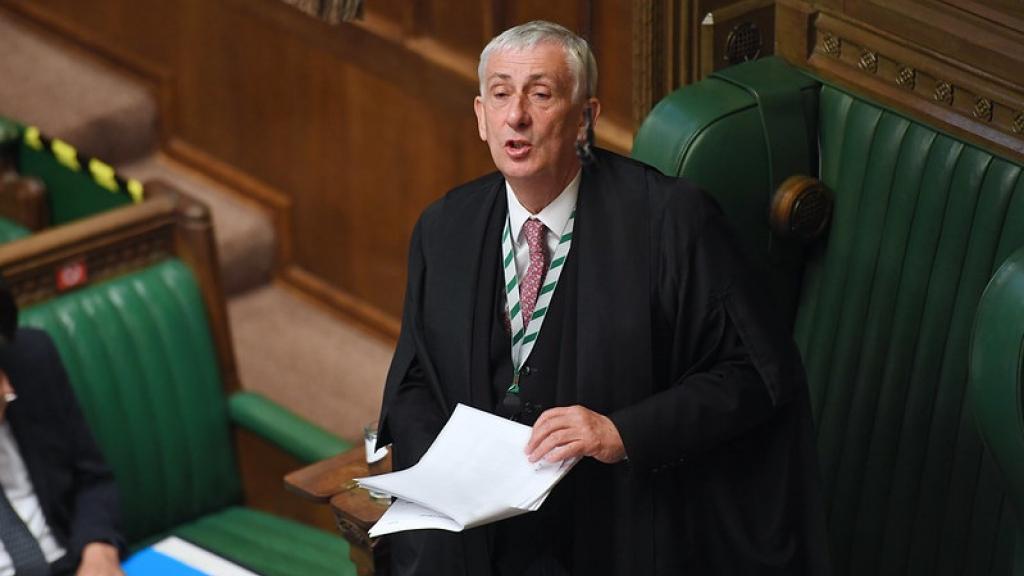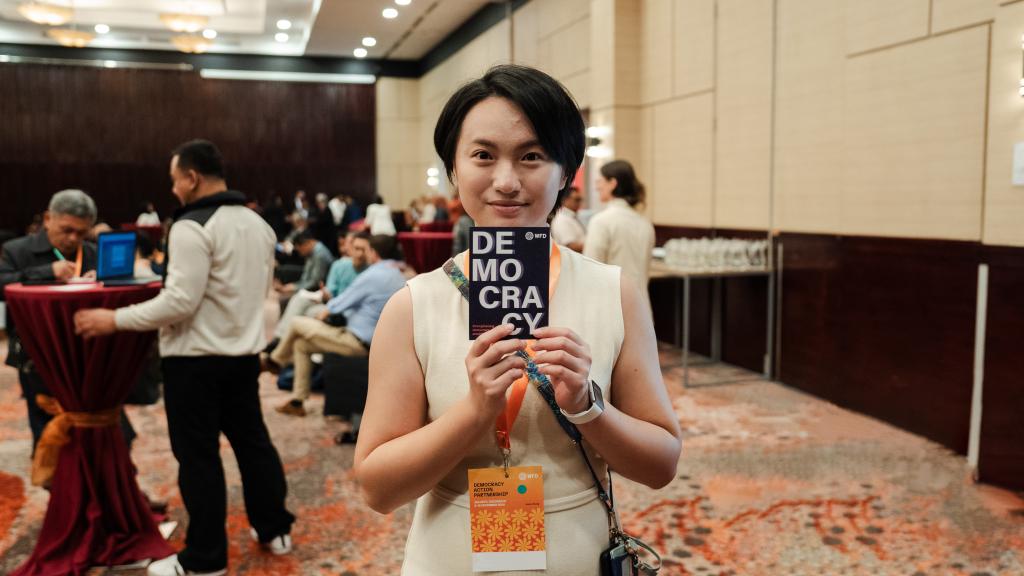Activists call for more women in leadership positions at Commonwealth summit
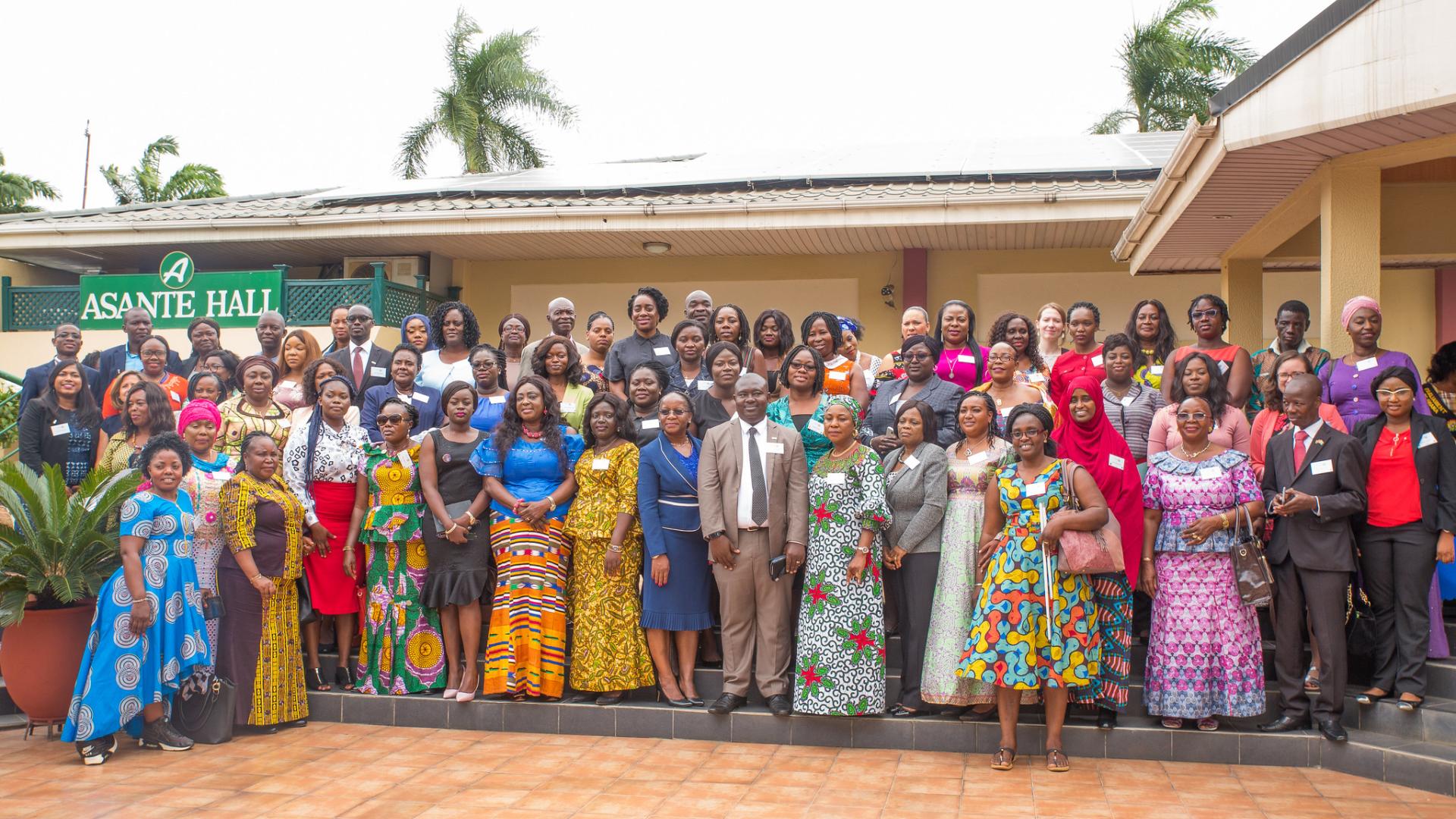
On 6-7 August, political party and community leaders from Ghana and 14 Commonwealth countries met in Ghana to discuss ways to tackle the under-representation of women in leadership positions.
Having more women political leaders is important as governments and parliaments should be representative of the society they serve. But research shows it also helps deliver better policy outcomes in health, education and infrastructure. This is why the Parliament of Ghana hosted a summit on how to support women leaders in Ghana and across the region.
Over 75 political party and community leaders participated in the event which was supported by the Commonwealth Partnership for Democracy (CP4D), a UK Government initiative working to advance inclusive and accountable democracy across the Commonwealth by 2020.
Our Ghana representative, Dr David Appiah, said:
“This conference is witnessing the gathering of a critical mass of activists and practitioners who will be ready to help expand the space and voice for women’s political participation.”
Participants discussed how to confront challenges to being a woman leader in politics, such as patriarchal family structures, misinformation about women candidates for election, and having an online presence while facing online abuse.
Speaking at the conference, Seyi Akiwowo – CEO of Glitch, a not-for profit working to end online abuse – spoke about the particular need to create a safe space for African women in leadership:
“Women globally are 27 times more likely to be harassed online than men and research has shown this is even worse for black women and women in politics. This is a threat to gender equality, democratic engagement and democracies around the world.”
Sophia Fernandes, our Commonwealth Programme director, highlighted yet another obstacle preventing progress towards increased women’s participation:
“Often the conversation around women’s political leadership is drowned out by whatever is taking over the political and national agenda at the time.”
However, amidst such challenges, there are also some wonderful examples of success. For example, participants heard from women who had started their own political parties, had parties paying part of their campaigning costs, or who had built political alliances of solidarity to support women in politics.
Dr Albertine Tivane, a woman councillor for good governance and decentralisation in the Maputo municipal council of Mozambique, also pointed out that there are many African countries working to achieve equality in representation.
“African leaders are aware of the gender equality issue in governance and are putting in effort to achieve gender parity.
“In Mozambique the speaker of parliament is a woman, the past prime minister was a woman and now we have ministers, governors, leaders at district level and mayors who are women.”
This is just one example of how some African countries are reaping the rewards of their efforts. However, it is widely recognised that there is more still to do, and that is why there were workshops and informal discussions at the conference on creating positive change for women’s political careers, finding new pathways to leadership, making existing pathways easier to take, and ensuring policies lead to more inclusive societies and political systems.
Participants put their expertise and credentials into practice, recommending that the parliament of Ghana reviews legislation so that it stipulates a specific number of women in different positions, creates mentorship programmes and a non-partisan young women’s political leadership club, and continues to support solidarity among women.
The discussions at the conference will feed into research we are undertaking with the University of Birmingham on Women in African Parliaments: Seeking Impact Against the Odds. The research, which is expected to be published by 2020, seeks to improve understanding of how women legislators can influence policy outcomes in their roles on parliamentary committees.
Our Senior Advisor for Gender, Inclusion and Politics, Shannon O’Connell, commended the “extraordinary women leaders at all levels of society” saying:
“They may not all have titles that offer them formal authority, but women in civil society, community organising, local leadership, education, business and many other fields are strong and capable leaders.
“I look forward to supporting these women and other equality activists from Ghana and throughout the Commonwealth who are working to create higher levels of inclusion and representative decision-making processes.”
